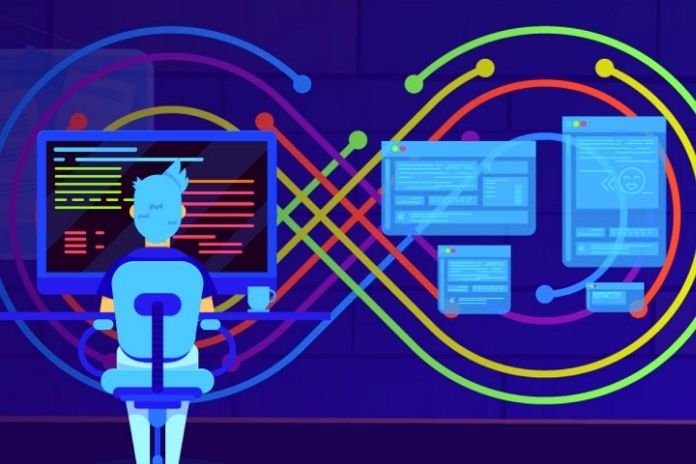The Future Technology: Discover The Top 5
Future technology is a kind of subject that interests everyone. What would be the technological innovations for the next generations? Discover the top 5 in this text! The last decade has witnessed incredible advances in technological innovation.
Undeniably, technology has made its way into every aspect of an individual’s life and business. From the evolution of artificial intelligence, the internet of things (IoT), and 5G to cloud computing, big data, and analytics, technology has the potential to transform everything.
In this way, we are revolutionizing the future of the world. We already see the rapid roll-out of autonomous vehicles in the testing phases. Companies with a vision to use future technologies do not seem to miss any chance to bring revolutionary innovations to the world. And, of course, if you’re worried about what your child will be working on in the next few years or decades, it’s essential to be well-informed about the possibilities. Demand will grow exponentially for jobs and individuals with the skills and knowledge that meet the needs of digitally transformed industries and sectors.
The demand for people who work both with AI and Machine Learning grows worldwide. And the trend is for this to grow more and more. So allowing your child to get in touch with future technology will make all the difference in their opportunities. And thus, you will have greater access to the job market. Do you want to know the formats of technology in the future?
Future Technology With Hyper-Automation
We can say that among the main strategic technological trends for the future is hyper-automation. This is already happening. It combines machine learning, software, and automation tools to deliver work. Hyper automation combines business process management, artificial intelligence, machine learning, and data science. Geared and united in automating multiple processes in a coherent organizational context. For example, trucks can be dispatched automatically based on traffic or travel weather forecasts in a hyper-automated logistics company. FedEx is developing its future technology, experimenting with something akin to hyper-automation.
Using a clever combination of :
- Autonomous tugs;
- motion sensors;
- computerized maps;
- 3D cameras;
- High-speed camera tunnels;
- Data analysis engines.
Among many other techniques for end-to-end automation at scale. Therefore, professionals who wish to work in this niche will undoubtedly have to develop technological skills from childhood and adolescence and later focus on C; C++; Selenium; Cucumber, and Rests harp. To get into more holistic hyper-automation projects. And in this way, develop more meaningful and impactful careers.
Artificial Intelligence (AI) And Machine Learning (ML)
The technology of the future will depend on artificial intelligence and machine learning. And they have the most varied uses possible. They can predict local storms more accurately than before. Thus, potentially saving hundreds of lives in natural disasters. And not only that, they are present in different sectors of society. And that’s just the beginning. Qualified professionals are being actively hunted.
Python programming, data mining, statistical analysis, and predictive modeling, among others, are in great demand. One of the great professions dedicated to this is the Machine Learning Engineer – a professional qualified to manipulate this technology of the future. This particular branch is ideal for those passionate about the computer science and technology of the future and who want a career in a dynamic and exciting industry. Machine learning engineers use big data to create complex algorithms. To ultimately program a machine to perform and perform tasks like a human being. It could be like a self-driving car or a digital voice assistant.
Future Technology For Data Science And Analytics
Data is the voice of the customer; data science is the interpretation of that voice. Data scientists – the principal architects of this future technology – have come a long way since becoming numbers experts. They are now collaborating heavily and significantly in the development of digital products. Shortly, data science will no longer be a reactive “analysis” process. But a proactive and predictive approach fundamentally impacts the business itself.
At that point, there will be a massive demand for people with data science skills. After all, companies and organizations collect and use more data every day. That’s why the demand for qualified specialists has skyrocketed. This is one of the most versatile technologies of the future, as it grants opportunities to work in virtually every sector and industry. From IT to entertainment, from manufacturing to healthcare.
Also Read: Ten Features About Internet Of Things
Share this content:












Post Comment